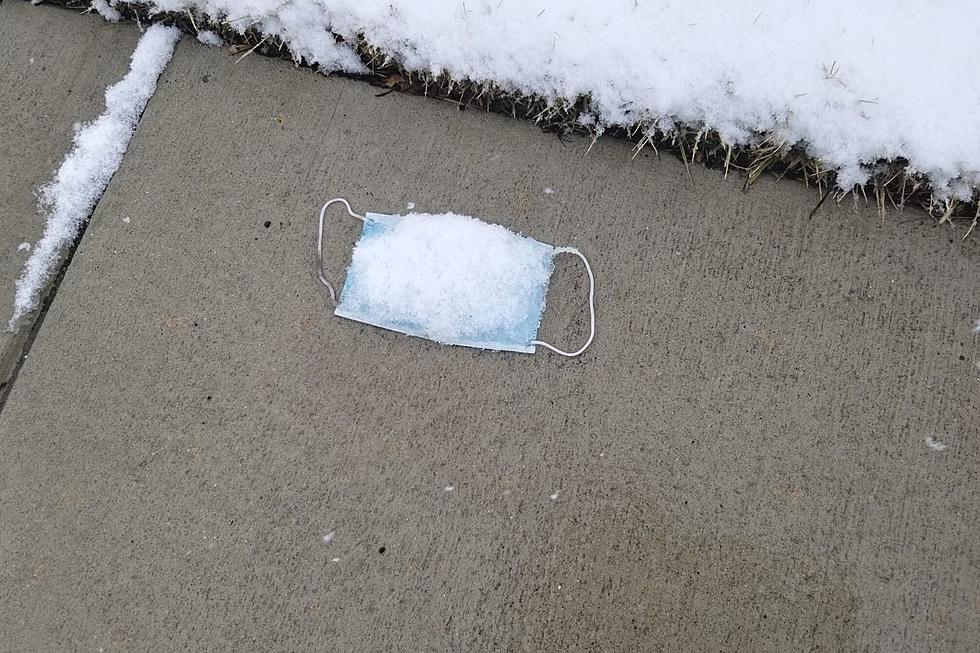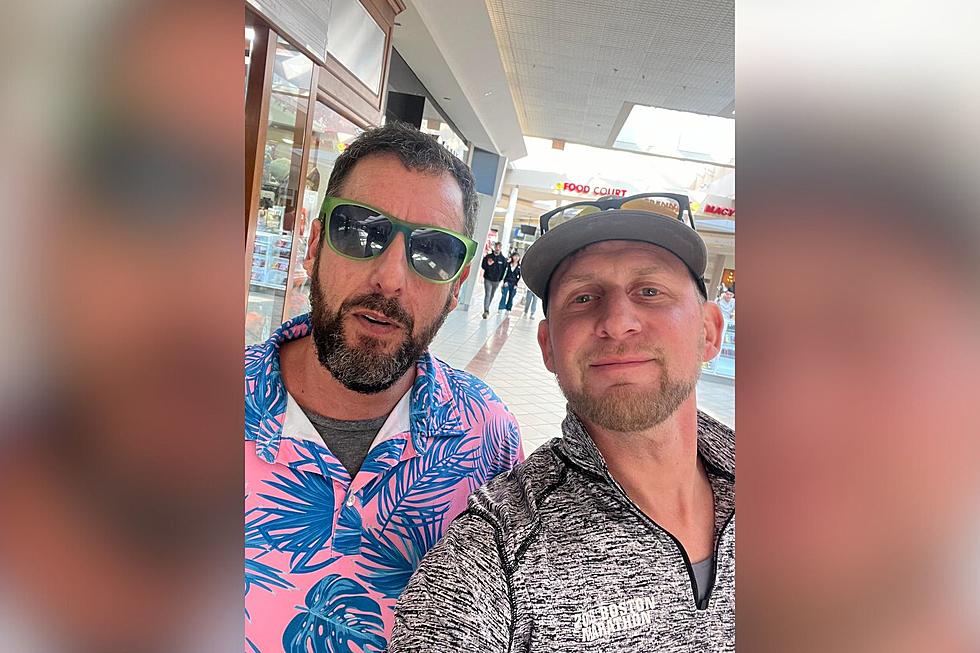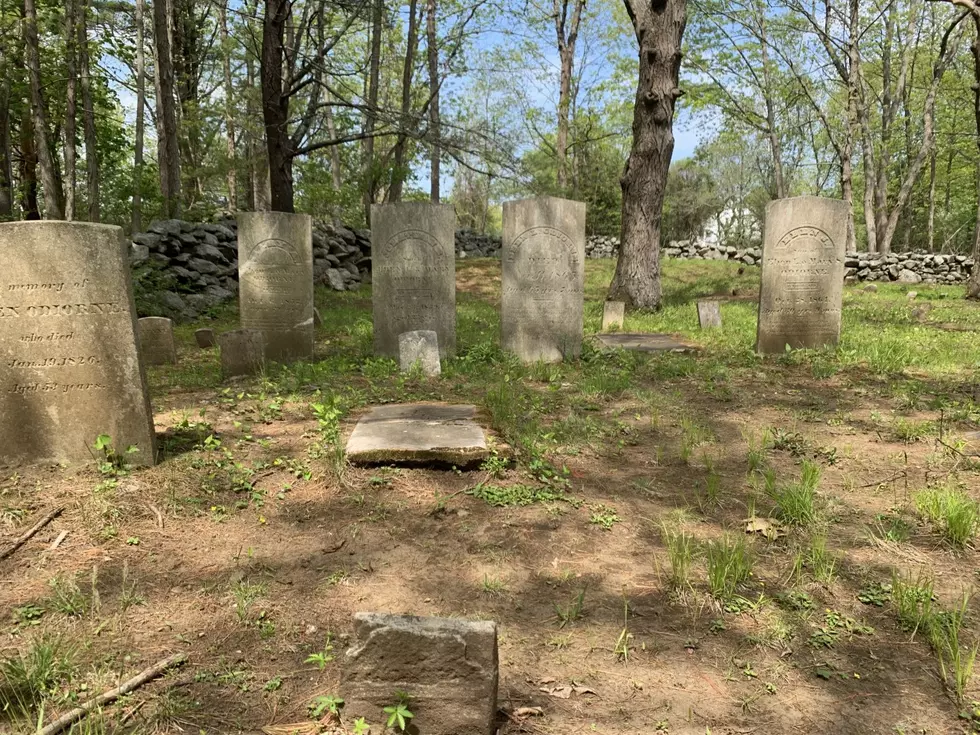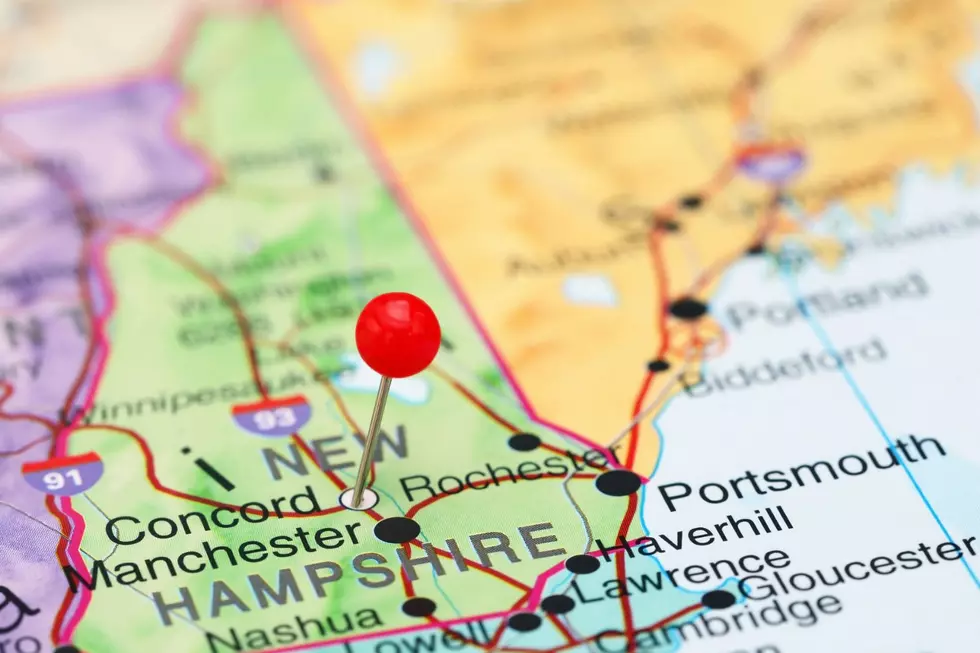
Fear vs. Caution: Living With COVID-19 on the Seacoast
As the number of COVID-19 cases, hospitalizations, and deaths trend down, the pandemic seems to have been knocked off the proverbial front page as New Hampshire closed its fixed COVID-19 vaccination centers on Wednesday.
Municipalities and schools dropped mask mandates, and the CDC's map of community spread is at low risk for nearly all of New England except for one county in Vermont. The state has just over 1,000 active cases and just seven hospitalizations as of Friday.
The number of new cases nationally is starting to slowly increase, according to the CDC.
Dr. John Mendoza of Wentworth-Douglass Hospital and a board-certified infectious disease physician sees two sides to how Seacoast residents should now handle the COVID-19 pandemic.
On one hand, he doesn't think we're ready to pack up masks and forget about social distancing just yet. He compares the current situation to what it was in the fall before the sharp increases of the "winter surge."
"People felt 'oh it's all over'. People went back to what they were doing. We eased up on our mitigation strategies, and I don't have to tell you what happened in December and January," Mendoza told Seacoast Current. Numbers spiked higher than the initial COVID-19 outbreak in the spring of 2020, and pushed hospitalizations to record levels. The National Guard and additional staffing was provided by FEMA.
On the other hand, we can't live our lives in constant fear of COVID, and have to adjust to a "new normal."
"We have to live our lives. We've been doing this for two years, and we can't be a slave to COVID. We can see this already. People are freely moving, attending gatherings. I get that. It's part of normal life," Mendoza said.
Threat of the Omicron BA.2 subvariant
There's also the threat of the Omicron BA.2 subvariant, which makes up 72% of the current cases in New England through March 26, according to the CDC. The original Omicron variant makes up 27%.
"It is found to be more infectious, but the rates of transmission continues to be low. That's very encouraging," Mendoza said.
Habits that people developed during the pandemic like mask wearing, social distancing, and frequent hand washing are always good practices, according to Mendoza.
"It's not really unreasonable to be doing these things," Mendoza said, calling it a part of what he considers a "new normal."
Having been on the frontline of the pandemic, Mendoza said he tends to be more cautious in his own day-to-day habits while returning to pre-pandemic activities like going to restaurants and a gym. But many times, Mendoza and his family are the only ones wearing a mask.
"I have the front view of how this happened and have the front view of the devastating possibilities of this. I always say in interviews I have Post Traumatic Stress Disorder with this situation...I have seen the worst part of this," Mendoza said.
Big Believer in the Booster
Mendoza went to the fixed state vaccination location in Rochester before it closed to get the second booster shot, recommended for those age 50 and older and certain immunocompromised individuals of all ages. The CDC made the announcement on Tuesday as President Joe Biden received his second dose during a news conference.
Why is a second booster needed?
"You really get maximum immunity of the vaccine after three doses. However, we know that the antibody levels wane through time. The antibody levels can be restored with a fourth dose," Mendoza said.
Mendoza said he was first in line to get the initial two COVID-19 doses and the first booster.
"It would be hypocritical of me to be telling all my patients to get this and that and not getting it," Mendoza said.
Looking at how eligibility for the first booster was gradually expanded, Mendoza expects the second booster to be available eventually to all age groups.
Boosters and Vaccinations Still Available
The state-run vaccination and testing centers in New Hampshire have closed, but are still available at many pharmacies, retailers, hospitals, and urgent cares. They can be found on the CDC website.
Home testing kits are also available for free from the state of New Hampshire and for purchase at state liquor stores.
Contact reporter Dan Alexander at Dan.Alexander@townsquaremedia.com or via Twitter @DanAlexanderNH
Trending Stories for Seacoast Current (March 21-27, 2022)
More From Seacoast Current








